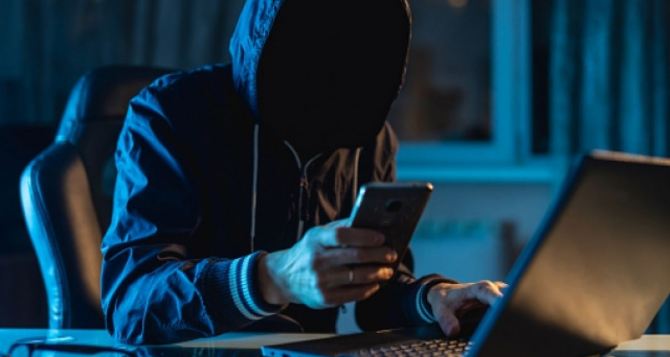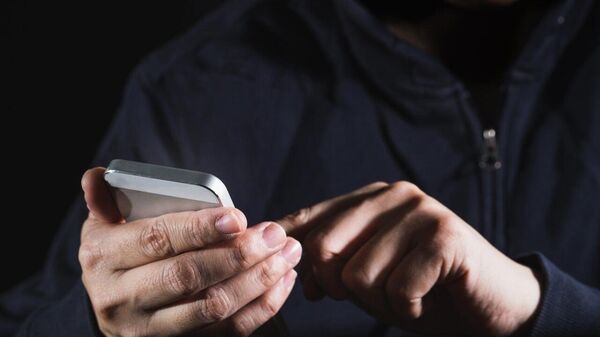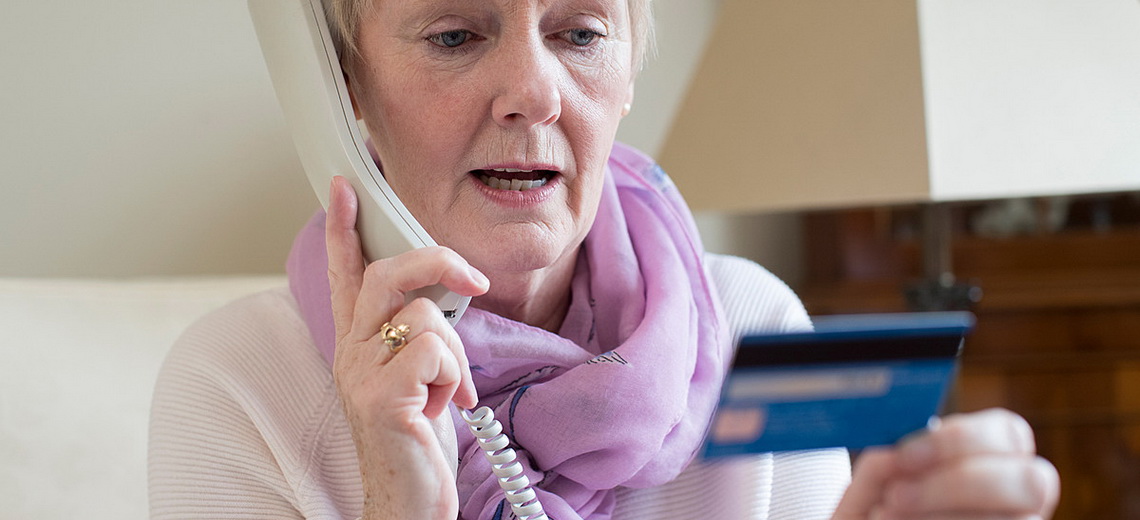Phone scammers are becoming more inventive as they manage to assume the role of bank employees and gain trust. Every day, someone falls for the tricks of such "calls from the bank" and loses money. The fraudsters act quickly, clearly, and with pressure. All to confuse the person.
Potentially at risk is anyone with a bank card or mobile app. To protect yourself from scammers, you need to understand how their schemes work. This is important not only for the elderly, as is commonly thought. Young, busy, and confident people also often become victims and suffer from the psychological pressure from the perpetrators.
The more you know about such deception methods, the higher the chances of keeping your money safe. The main thing is not to lose vigilance and remember that no real bank will act with pressure and threats. Let's consider how to distinguish a fake bank call and protect yourself.
How to Recognize a Fake Call
Fraudulent calls often start with alarming information. For example, the caller says that money was attempted to be withdrawn from your card. Or that a loan is being taken out in your name. It sounds convincing, especially if the number appears as official.
Scammers use number spoofing. This means that the actual bank number may appear on the phone screen. This adds credibility and lulls vigilance. The perpetrators may speak with a confident voice, use terminology, and even include background noise, like in a real call center.

Sometimes personal data of the bank client is mentioned in the conversation. This can be a first name, last name, or even part of the card number. Such information could have previously fallen into the hands of scammers through leaks or hacks. This should not be considered proof that the call is genuine. It's all part of manipulation.
What Phone Scammers Press On
They act through fear and urgency. They say you only have a few minutes to save your money. They ask for SMS codes, card details, or to log into the banking app. All these requests are signs of deception.
Sometimes more than one person is involved in the conversation. First, a "bank employee" calls, then a "security officer" or even an "investigator." It's all a play on the scale effect. It creates the impression that a real special operation is underway. The person in confusion begins to follow commands.

Scammers convince that money needs to be urgently transferred to a supposedly safe account. Or install a special "protection" app. In fact, this is malware that gives them full access to finances. The most important rule is not to follow instructions spoken over the phone by strangers. It is important to understand that the real bank organization may not help with returning the funds later, as the owner voluntarily gives them to third parties.
How to Protect Yourself from Such Calls
Even if the call sounds convincing, it's important to stop and think. There is no need to rush. A real bank employee will never demand codes, passwords, or money transfers. Will not rush or intimidate. These are all signs of deception.

If something seems strange, it's better to end the conversation. Then call the bank yourself using the number on the card or the official website. This is normal and safe behavior. Here are simple rules that will help keep financial safety:
- do not provide passwords, SMS codes, and card details over the phone;
- do not transfer money to "reserve" or "safe" accounts;
- do not follow the caller's commands, even if they sound confident;
- immediately terminate the conversation at the first signs of pressure;
- verify information through the bank's official website or app.
Following these rules is a reliable protection against scammers. Even if the situation seems urgent, it's better to spend a couple of minutes checking than to deal with the problem later. The conversation can be stopped at any time - this is your right and a way to protect yourself.
What to Do If the Call Raises Suspicion
If the call raises doubts, it's better to immediately end the conversation and not provide any data. After this, check the account status through the mobile app or the bank's official website. If everything is fine, it means it was an attempt at deception. If unfamiliar withdrawals or loans are discovered, contact the bank and the police as soon as possible.

It is important to remain calm and record such cases. Even if no losses occurred, this information helps banks identify scammers faster and warn others. Talking about such attempts is not a sign of weakness but a care for oneself and others. The more people know about such schemes, the fewer chances scammers have. Simple financial literacy and attentiveness are the best protection.


